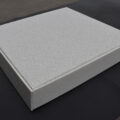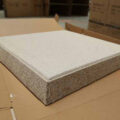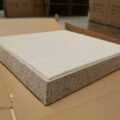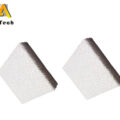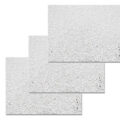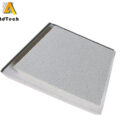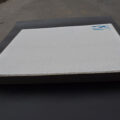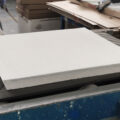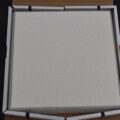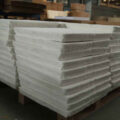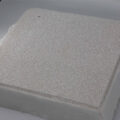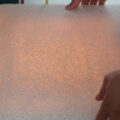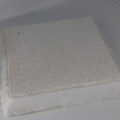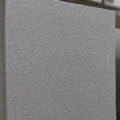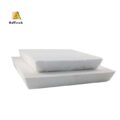Casting defects closely related to entrained bubbles and metal oxides occur very frequently during the casting process. Studies have shown that molten metal ceramic foam filters are added to the horizontal flow channel to prevent bubbles and reduce turbulence. The ceramic foam filter performs well in reducing the flow rate and stabilizing the water flow.
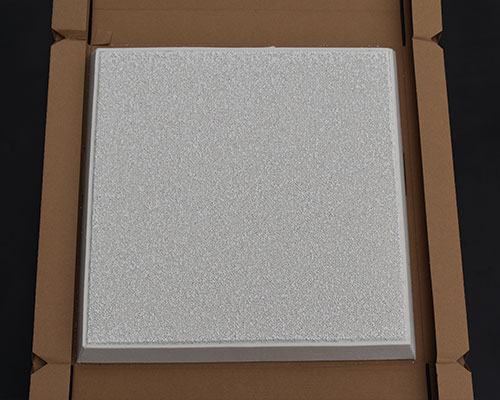
The aluminum casting process has a long history, and major technological advances have been made in all age groups. Many defects are prone to occur during the pouring step, such as shrinkage, pores, oxide inclusions, loss, and so on. Porosity seems to be a common defect associated with ordinary gravity casting. Porosity is very dangerous because it reduces the strength of the casting.
The overlap of the oxide layer occurs due to the backflow in the runner or the shaking of the free surface in the cavity. The defect appears on the surface in the form of an oxide film layer, thereby destroying the casting quality.
In a foundry, it is difficult to prevent impurities from being generated during the casting process. This causes obvious defects in the casting. For these reasons, ceramic foam filters are mainly used to prevent the inflow of impurities. When the molten metal flows through the porous filter, the casting quality can be improved by increasing the flow stability. The filter can convert turbulent flow into laminar flow while reducing flow velocity.
AdTech has been focusing on research, development, production, and marketing of the adhesive ceramic foam filter (CFF) for aluminum alloy casting. The technology of molten metal ceramic foam filters has been widely approved by the market, applied for producing multiple series of aluminum alloys products, such as PS baseboard for printing, canning materials, flexible packaging materials, railway vehicle, aerospace products, cables, electrical wires, and other high-precision filtration and purification for casting aluminum alloy.

